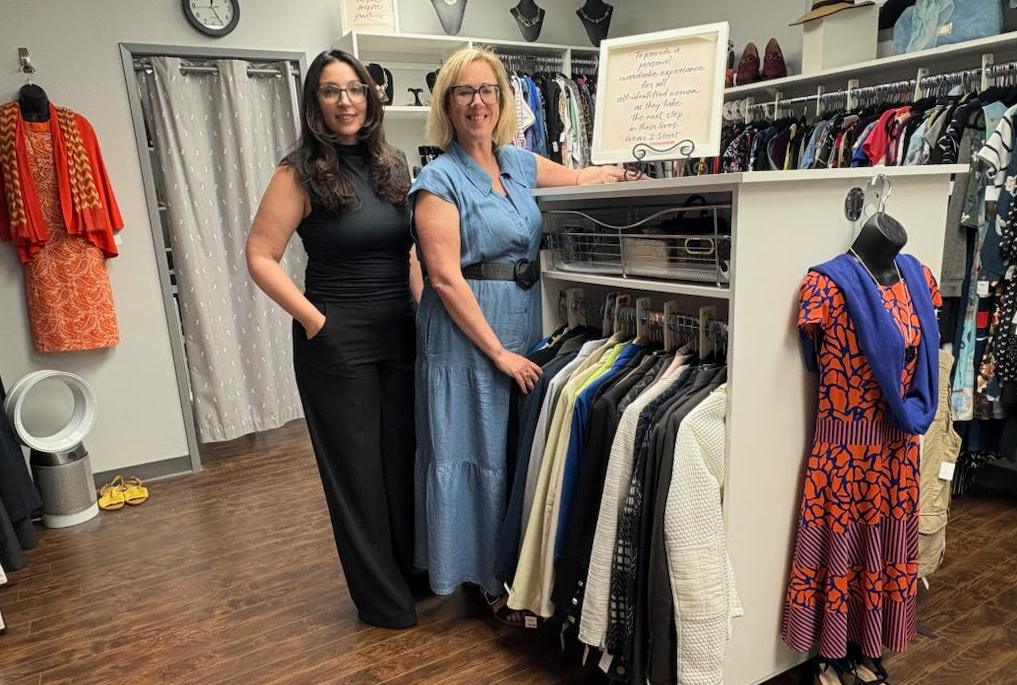The BC Coroners Service released a report on Tuesday that confirmed 619 people died in the heat wave that swept BC, Washington, and Oregon in between June 25 and July 1, 2021. The heat was comparable across the border, but the deaths were not: Washington had 100 fatalities and Oregon reported 96.
Along with a breakdown of who was most affected and where, the report provided three overarching recommendations to the province that are supposed to minimize heat-related deaths in the future. None of them require any level of government to provide vulnerable people with fans or air conditioners this summer, drawing criticism from people with disabilities who say the steps recommended won’t prevent more death.
The death review panel report found that the vast majority of heat-related deaths happened indoors. Most who died were lacking air conditioners or fans, and 90% were 60 years or older.
In the Island Health region, 55 people died of heat-related causes last summer, 24 of whom were in the Greater Victoria area.
The panel made three recommendations in its report: the first asks BC to create an alert system for extreme heat emergencies, and broadcast alerts for these types of events through people’s devices—a step that the province announced they would be taking on Monday; the second tasks health authorities and local governments to devise ways to check on people who are most vulnerable to extreme temperatures; and the final recommendation involves revising building codes to have cooling requirements, among other long-term priorities.
More than 80% of those who died in last year’s heatwave had three or more chronic physical and/or mental health disorders
At a press conference Tuesday morning, Dr. Jatinder Baidwan, chief medical officer at BC Coroners Service, emphasized that local emergency planning needs to take into account the experiences of the most vulnerable.
“Lived experience must inform community strategies,” Baidwan said.
When asked by Capital Daily whether disabled people were consulted when drafting these recommendations, Baidwan said one disabled person was a member of the panel and cited their inclusion as an example of “widespread consultation.”
That person is Gabrielle Peters, a disabled writer, policy analyst, and member of the Vancouver City Planning Commission. Peters told Capital Daily her name was removed from the report after the panel rejected her recommendations.
‘Not a solution’
Peters presented eight recommendations to the panel via email. Her main request was that the province be required to provide low-income, vulnerable people with air conditioners ahead of this summer, through existing healthcare programs for medical devices. Instead the report gives the health ministry until December to conduct a review about giving vulnerable people “cooling devices.”
It’s a critique that was also voiced by BC Green Party MLA Adam Olsen in a statement responding to the report.
“Telling British Columbians to purchase air conditioners, heat pumps, thermal blinds, fans, and digital thermometers is out of touch with the cost of living in this province,” Olsen wrote. “The BC NDP haven’t offered programs to assist low-income and vulnerable people to purchase these tools, nor developed a coordinated plan to get low-mobility people to cooling centres.”
Additionally, air conditioners and other cooling devices were widely reported to be out of stock across the province in anticipation of, and during, last year’s heat wave.
When asked why the panel did not require cooling devices to go out immediately, Baidwan said it takes time to identify the people who are most vulnerable and then determine whether they are physically able to operate it. Those who cannot would have to be taken to cooling centres. No plan was laid out to determine where these cooling centres would be located, how people would be transported there, and whether they would run 24/7.
Cooling centres, Peters says, are essential for unhoused people or those who work outside, but those who are indoors and live with disabilities—the majority of those who died last year—need resources to survive at home.
Peters lives in a building with a few hundred other occupants who, like her, are mostly either disabled, elderly, or both. Getting to a cooling centre alone is an ordeal—most don’t own a vehicle—and for many with mobility and respiratory issues, movement is further impaired by high heat.
“The very first thing my respirologist will say to me is when the air quality goes down and/or the temperature goes up, you stop moving,” Peters said. “I barely managed to transfer to my wheelchair during the heat.”
Baidwan, during the press conference, backed the report’s heavy emphasis on sharing heat alerts and information to the public, adding that last year many in BC did not understand the health risks associated. “If someone knows they’re about to suffer the effects of heat, they can ask for help,” he said.
Peters calls this approach an example of paternalistic, ableist policy that, without data, assumes people are ill-informed. “They've decided that people just didn't know that the heat was serious, and they weren't taking it seriously,” she said.
Last fall, Peters published an article after interviewing several disabled people about their experiences trying to survive the heat wave. “Not one single person was not taking it seriously,” she said. “They were trying to figure out the whole time how to stay alive.”
Ignoring lived experience
Peters says the Coroners Service originally shared with her preliminary findings about the heat deaths and invited her to provide her recommendations to the panel.
However the meeting took place indoors, in person, with no requirement for attendees to wear a mask. As a person with multiple disabilities that leave her clinically extremely vulnerable to COVID-19 and also poses mobility challenges, Peters requested to access the meeting virtually.
“At first, they encouraged me to quit,” Peters said. When she pushed to remain a part of the consultation, she said the Coroners Service told her they didn’t have the budget to include her virtually, but eventually made accommodations—a laptop on the far end of the room through which Peters says she could barely hear anyone, let alone participate.
Finally, she says she emailed her recommendations to the panel. When those were rejected, she emailed back with her concerns. The next time she heard from the Coroners Service was when they asked if she wanted her name on the report. Peters says she told them she’d like her name to be included with a note stating she had not been given full access and does not endorse the recommendations since hers were all rejected.
In the end, Peters’ name was left out of the report, but in a statement responding to Capital Daily, a spokesperson for the BC Coroners Service said the report reflects “much of the information and recommendations” Peters shared.
“A fulsome explanation was provided to Gabrielle Peters regarding why some of her suggested recommendations could not be incorporated in the final report,” reads the statement, adding that the venue was accessible and complied with the COVID guidelines that applied at the time.
Peters refutes these claims, maintaining that her input did not make it into the report and notes that accessibility goes beyond providing a wheelchair-accessible venue. (Capital Daily has reviewed the emails between Peters and the review panel chair.)
“I explained to [them] that in addition to fact they were not requiring masks I had accessibility needs that made in person impossible at this time—I should not have to disclose them but they include many that fall under ‘TMI’,” she said.
For Peters, accessibility and safety for disabled people needs to be incorporated into every level of decision-making, rather than just at the local level—as Baidwan and the report suggest—in order to mitigate the impacts of future heat waves.
“I can honestly say we are in better shape today than we were at the time of the heat dome last year,” Baidwan said Tuesday.
However, as highlighted by Peters, and Human Rights Watch, disabled people are no better off this year than last. “Support for those who cannot afford to buy or operate cooling devices, and for whom access to public cooling centers is not feasible or medically advisable, is critical,” the group said in a statement last month.
Scientists determined the heat dome was made 150 times more likely because of climate change, the effects of which hit people with disabilities much more strongly, according to a resolution from the UN Human Rights Council.






.jpg)










